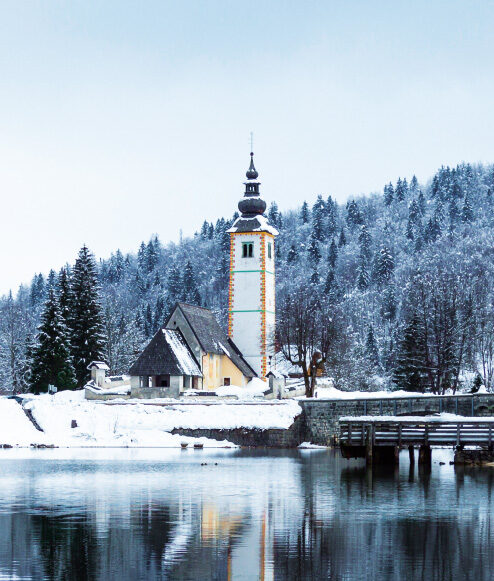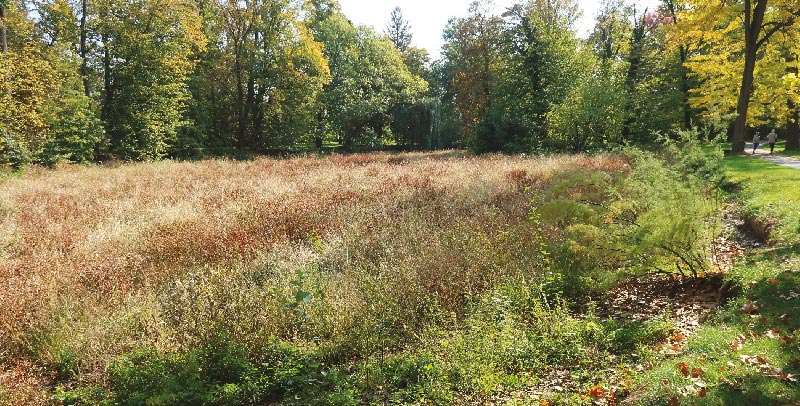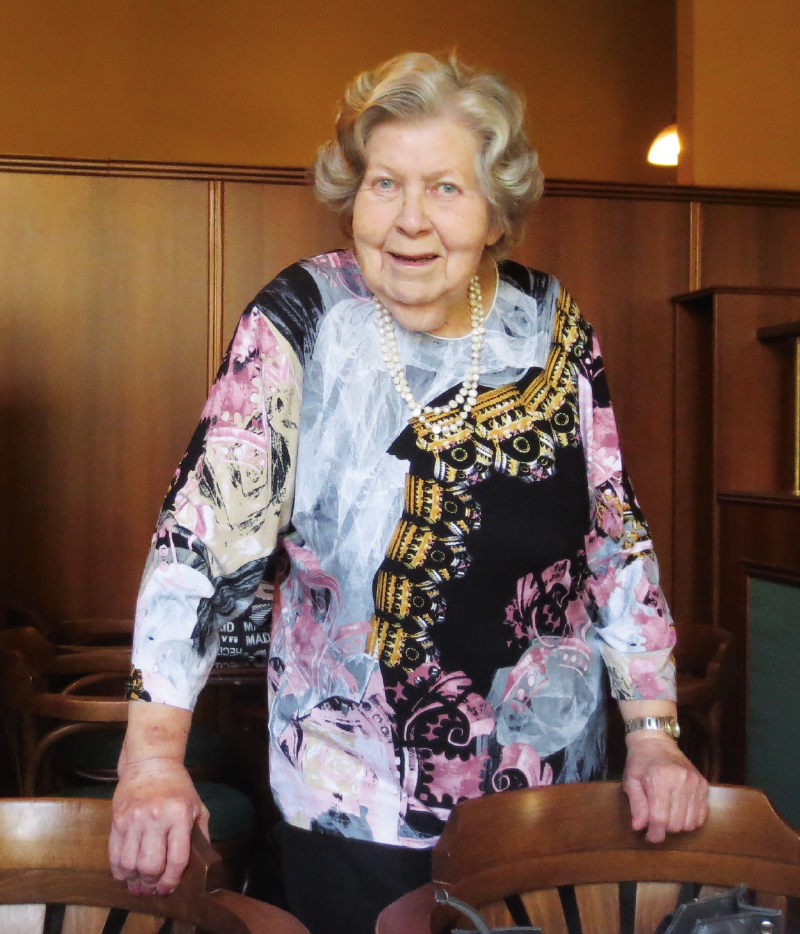The issue of antimicrobial resistance in the aquatic environment of the Czech Republic
Antimicrobial resistance (AMR) has emerged as a high priority global problem in recent decades. Its severity lies in the critically increasing number of pathogenic bacteria that carry resistance genes to previously common antibiotics, making them a health threat. The emergence of resistance is a consequence of the long-term misuse of antibiotics in human medicine and veterinary praxis (with the most significant contribution from developing countries). In 2017, the UN warned that the issue is not limited to these areas and that the environment can also be a significant reservoir and vector for the spread of AMR. The issue has been included in the „One Health“ initiative, which is based on a collaborative approach to combat AMR across the health, agriculture and environment sectors. AMR enters the aquatic environment in the form of resistant bacterial strains (ARB) or resistance genes (ARG) shed by patients through municipal wastewater treatment plants (WWTPs), runoff or agricultural wastes.
The influence of wastewater on microbial contamination of the Vltava below Prague
In terms of public health protection, the most important indicator in surface water monitoring is microbial fecal contamination. Despite the introduc-tion of the best available technologies, their biggest source is treated and untreated municipal wastewater. Around 90 % of the Czech population use their local sewerage system, which is linked to a WWTP, treated, and discharged into recipient waters. Monitoring of microbial contamination of the Vltava below Prague CWWTP showed a level of fecal pollution in the 10 km section below the wastewater inflow in periods with different flow rates. Smaller tributaries of the Vltava, which bring treated wastewater from local WWTPs to the Vltava, were monitored as additional sources. From April 2022 to March 2023, the amount of Escherichia coli, enterococci, thermotolerant coliform bacteria, and Clostridium perfringens were monitored at ten sampling sites. The monitoring results showed relatively significant microbial pollution of the Vltava from Prague CWWTP dis-charge and, at the same time, the river’s substantial self-cleaning ability in the following section. This creates good potential for the river’s future utilization in the monitored area, with the exception of the section directly affected by the inflow of treated wastewater from Prague CWWTP. This study could be used to raise public awareness in order to minimize the health risk caused by the river’s inappropriate utilization (possible presence of pathogenic microorganisms, including carriers of antimicrobial resistance).
Use and popularisation of historical and current water management sources of information for the development of an environmentally friendly society
Since time immemorial, research in all scientific fields has brought countless new information and broadened the spectrum of current knowledge. In the past, research was made more difficult by the then possibilities of disseminating newly acquired knowledge. Many scientists in the world have asked
the same questions, proposed and tested similar hypotheses, obtained similar scientific results, and reached their own unique conclusions. The problem was the very limited possibility of sharing this new information, thus the possibility of their mutual use and very often their preservation and availability to
future generations. It is safe to say that in the history of science, a huge amount of knowledge and information was discovered that was not used enough, was discovered repeatedly, or was completely lost.
Use of SARS-CoV-2 virus monitoring in wastewater from WWTP of various categories for epidemic surveillance in the Czech Republic
The principle of wastewater diagnostics is a suitable complementary approach that can help to gain epidemiological information on a large part of the population in a non-invasive way. The course of the pandemic spread of the new coronavirus (SARS-CoV-2) has been showing a cyclical course of successive waves of Covid-19 since 2020. For this model, a systematic detection of the occurrence of its agent in wastewater is a very effective approach.
Memory of RNDr. Eva Kočková
On Friday, August 13, 2021, our longtime colleague RNDr. Eva KOČKOVÁ left us at the premature age of 92.




